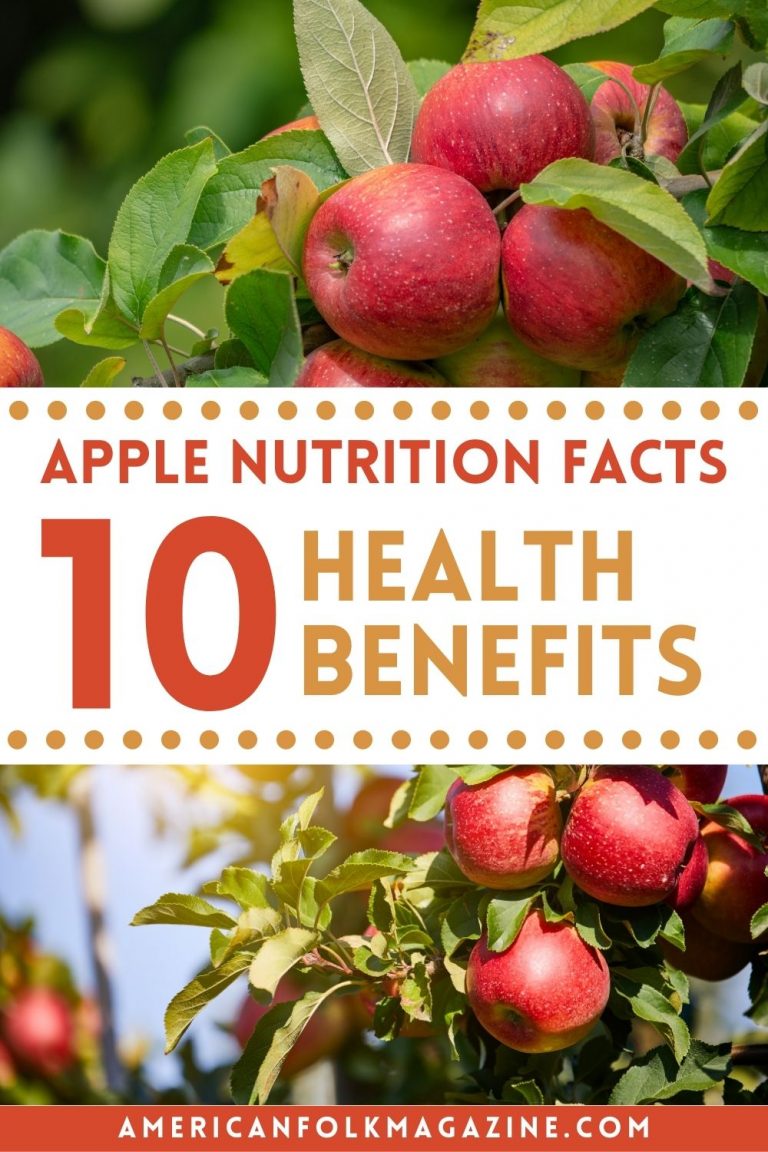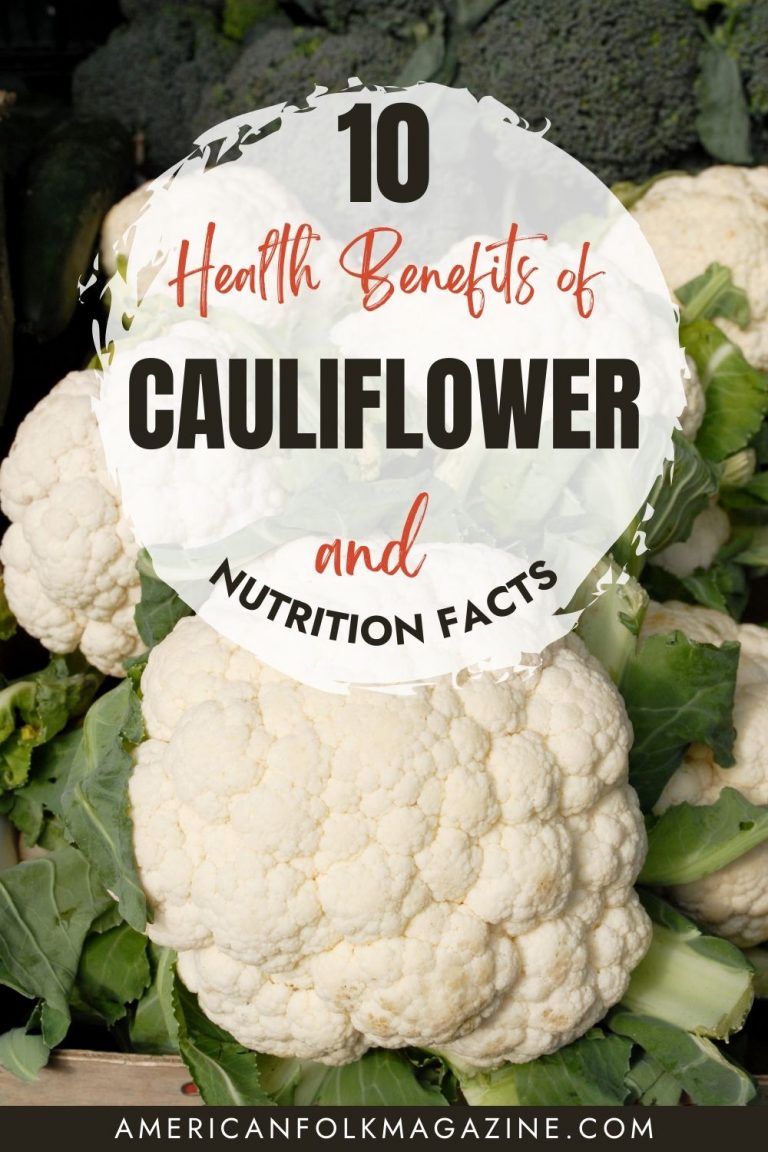Lychee is a tropical fruit that is popular for its sweet and floral flavor. It is also known for its numerous health benefits. In this article, we will explore the nutrition facts and 10 health benefits of lychee.
Nutritional Profile of Lychee
Lychee is a tropical fruit that is native to China but is now grown in many parts of the world. It has a sweet and fragrant taste and is often used in desserts, salads, and drinks.
Nutrition Table
Here is a nutrition table for one cup (190 grams) of raw lychee fruit, according to Dr. Axe:
| Nutrient | Amount |
|---|---|
| Calories | 125 |
| Carbohydrates | 31.4 g |
| Protein | 1.6 g |
| Fat | 0.8 g |
| Dietary Fiber | 2.5 g |
| Vitamin C | 136% of the Daily Value (DV) |
| Copper | 9% of the DV |
| Vitamin B6 | 7% of the DV |
| Potassium | 5% of the DV |
| Niacin | 4% of the DV |
| Riboflavin | 4% of the DV |
| Phosphorus | 3% of the DV |
| Thiamin | 3% of the DV |
| Folate | 2% of the DV |
| Magnesium | 2% of the DV |
| Iron | 2% of the DV |
| Calcium | 1% of the DV |
| Zinc | 1% of the DV |
Lychee is low in calories and fat but high in carbohydrates and fiber. It is also a good source of vitamin C, copper, and vitamin B6.
Vitamin C is an antioxidant that helps protect cells from damage caused by free radicals. Copper is needed for the production of red blood cells and connective tissues, while vitamin B6 is important for brain development and immune function.
Lychee also contains small amounts of other vitamins and minerals, including potassium, niacin, riboflavin, phosphorus, thiamin, folate, magnesium, iron, calcium, and zinc.
Top 10 Health Benefits of Lychee
Lychee is a tropical fruit that is not only delicious but also packed with essential nutrients. Here are the top 10 health benefits of lychee:
1. Boosts Immune System
Lychee contains high levels of vitamin C, which is essential for a healthy immune system. Vitamin C helps to stimulate the production of white blood cells, which are responsible for fighting off infections and diseases.
2. Improves Digestive Health
Lychee is a good source of dietary fiber, which is essential for maintaining a healthy digestive system. Fiber helps to regulate bowel movements and prevent constipation, as well as reducing the risk of colon cancer.
3. Promotes Heart Health
Lychee contains polyphenols, which are antioxidants that help to reduce inflammation and protect the heart against damage. Studies have shown that consuming lychee can help to lower blood pressure and reduce the risk of heart disease.
4. Supports Weight Loss
Lychee is low in calories and high in fiber, making it an ideal fruit for weight loss. The fiber in lychee helps to keep you feeling full for longer, reducing the temptation to snack between meals.
5. Enhances Skin Health
Lychee contains high levels of vitamin C and antioxidants, which help to protect the skin against damage from free radicals. Vitamin C is also essential for collagen production, which keeps the skin looking youthful and healthy.
6. Strengthens Bones
Lychee is a good source of calcium, which is essential for strong bones and teeth. Calcium also plays a role in muscle function and nerve transmission.
7. Improves Vision
Lychee contains high levels of vitamin A, which is essential for good vision. Vitamin A helps to maintain the health of the retina and prevents age-related macular degeneration.
8. Aids in Blood Circulation
Lychee contains high levels of potassium, which helps to regulate blood pressure and improve blood circulation. Good blood circulation is essential for delivering oxygen and nutrients to the body’s cells.
9. Anti-Cancer Properties
Lychee contains polyphenols, which have been shown to have anti-cancer properties. Studies have shown that consuming lychee can help to reduce the risk of certain types of cancer, including breast cancer and prostate cancer.
10. Anti-Inflammatory Benefits
Lychee contains quercetin, which is a flavonoid with anti-inflammatory properties. Quercetin helps to reduce inflammation in the body, which can help to reduce the risk of chronic diseases such as arthritis and heart disease.
How to Include Lychee in Your Diet
Lychee is a delicious and nutritious fruit that can be enjoyed in a variety of ways. Here are some ideas for how to incorporate lychee into your diet:
Lychee Fruit
Lychee fruit is a delicious and refreshing snack that can be enjoyed on its own or added to other dishes. Here are some ways to enjoy lychee fruit:
- Fresh lychee fruit can be eaten as a snack or added to fruit salads.
- Lychee fruit can be added to smoothies or blended into a refreshing sorbet.
- Lychee fruit can be used as a topping for pancakes or waffles.
- Lychee fruit can be added to stir-fries for a sweet and tangy flavor.
Lychee Juice
Lychee juice is a sweet and refreshing drink that can be enjoyed on its own or used as a mixer for cocktails. Here are some ways to enjoy lychee juice:
- Lychee juice can be mixed with sparkling water for a refreshing mocktail.
- Lychee juice can be used as a mixer for cocktails, such as a lychee martini.
- Lychee juice can be added to smoothies for a sweet and tangy flavor.
Lychee Tea
Lychee tea is a fragrant and flavorful tea that can be enjoyed hot or cold. Here are some ways to enjoy lychee tea:
- Lychee tea can be brewed and enjoyed hot with honey and lemon.
- Lychee tea can be brewed and served over ice for a refreshing iced tea.
- Lychee tea can be mixed with other teas, such as green tea or black tea, for a unique flavor.
Overall, lychee is a versatile and delicious fruit that can be enjoyed in a variety of ways. Whether you prefer fresh lychee fruit, lychee juice, or lychee tea, there are many ways to incorporate this nutritious fruit into your diet.
Potential Side Effects and Precautions
Lychee is generally safe to consume in moderate amounts. However, certain individuals may experience side effects or need to take precautions when consuming lychee.
Allergic Reactions
Some individuals may be allergic to lychee. Symptoms of an allergic reaction may include itching, hives, swelling, difficulty breathing, and anaphylaxis. If you experience any of these symptoms after consuming lychee, seek medical attention immediately.
Pregnancy and Breastfeeding
There is limited research on the safety of consuming lychee during pregnancy and breastfeeding. It is recommended that pregnant and breastfeeding women consult with their healthcare provider before consuming lychee to ensure it is safe for them and their baby.
Interactions with Medications
Lychee may interact with certain medications, including blood pressure medications and diabetes medications. If you are taking any medications, it is recommended that you consult with your healthcare provider before consuming lychee to ensure there are no potential interactions.
It is important to note that these precautions do not apply to everyone. However, it is always best to err on the side of caution and consult with a healthcare provider if you have any concerns about consuming lychee.
References:
- https://www.medicalnewstoday.com/articles/lychee-fruit
- https://www.healthline.com/nutrition/foods/lychees
- https://www.webmd.com/diet/health-benefits-of-lychee-fruit
Pin It In Your Board











